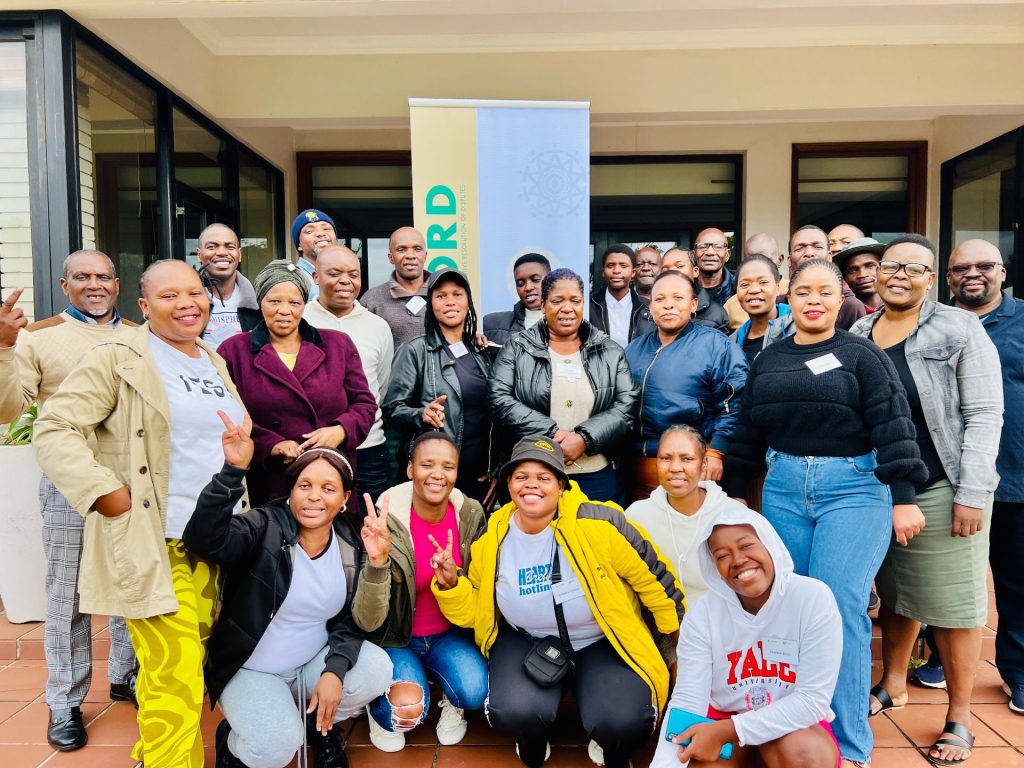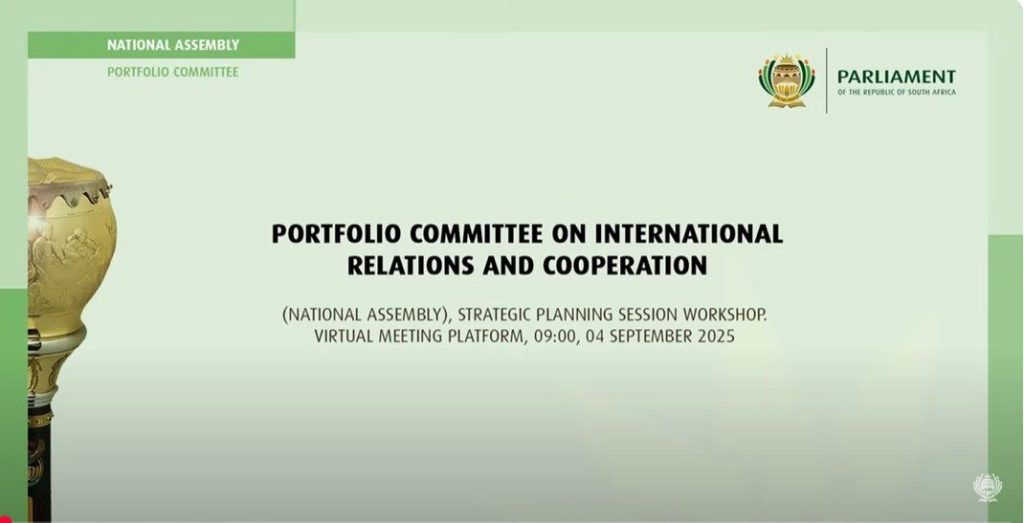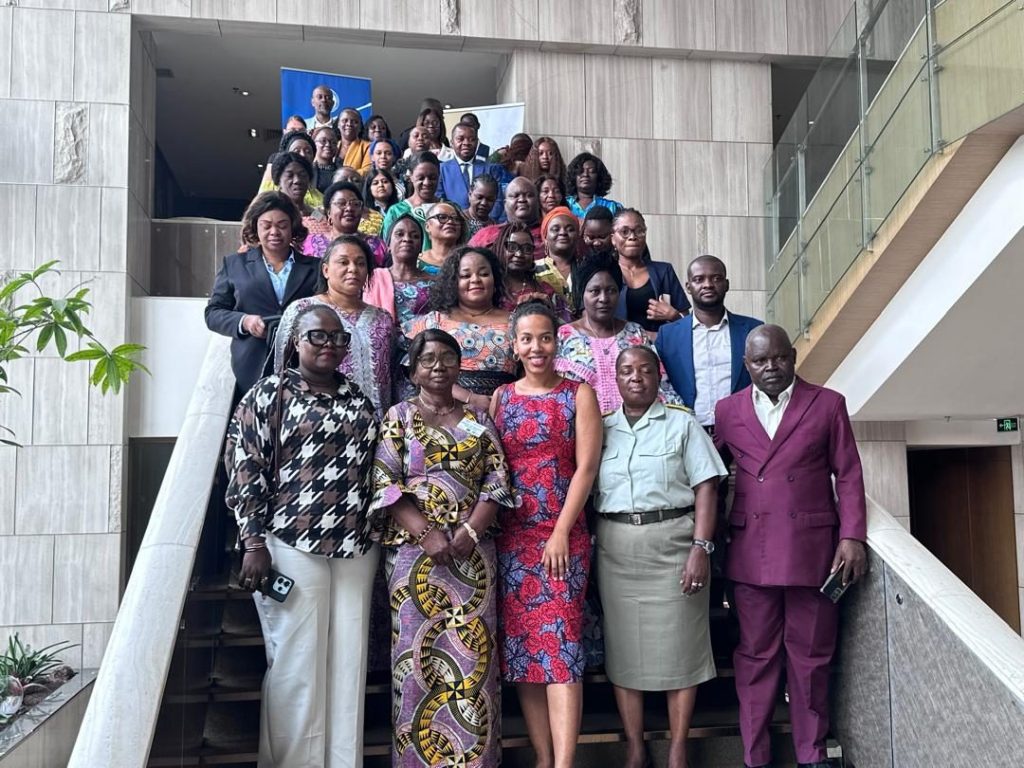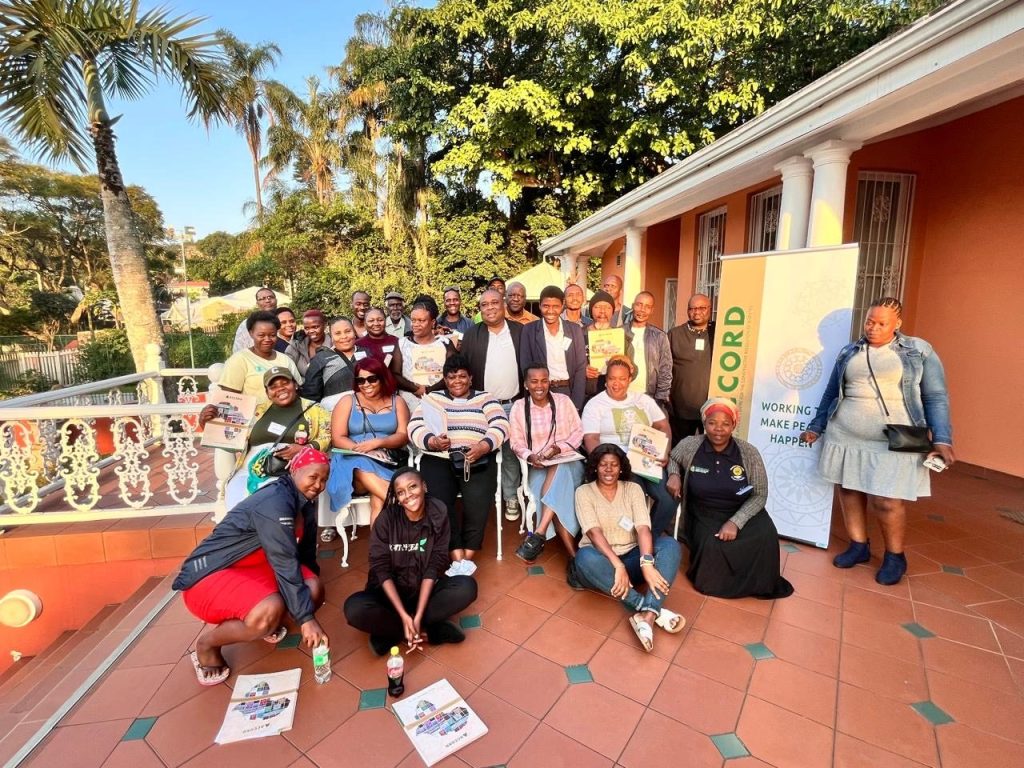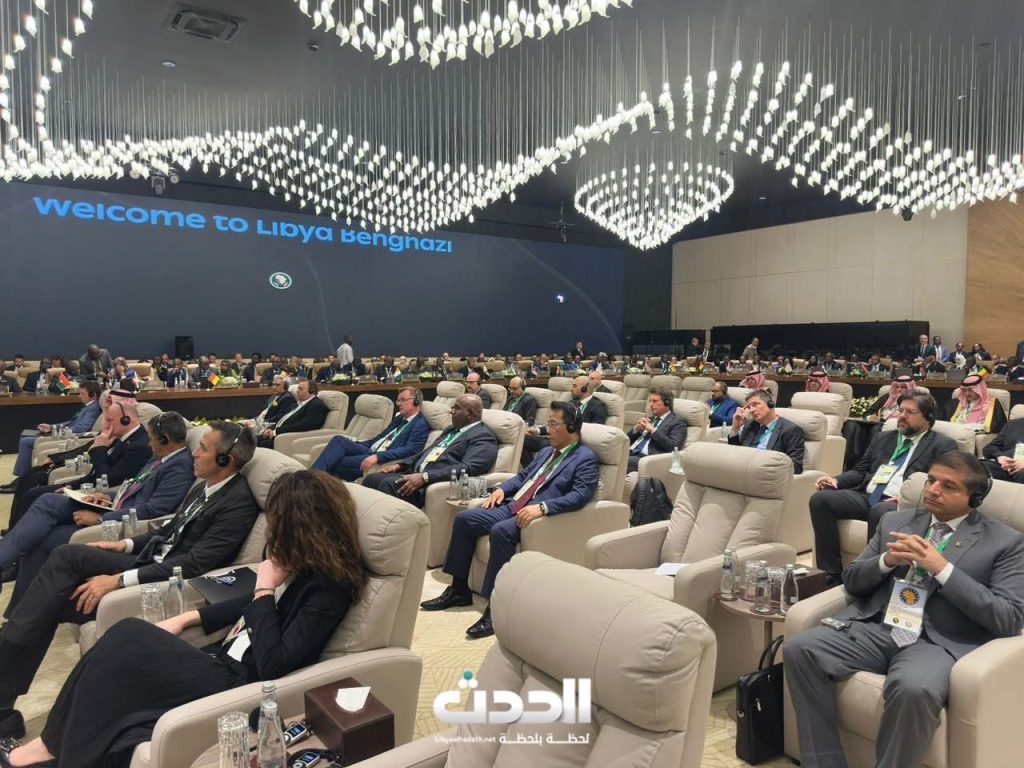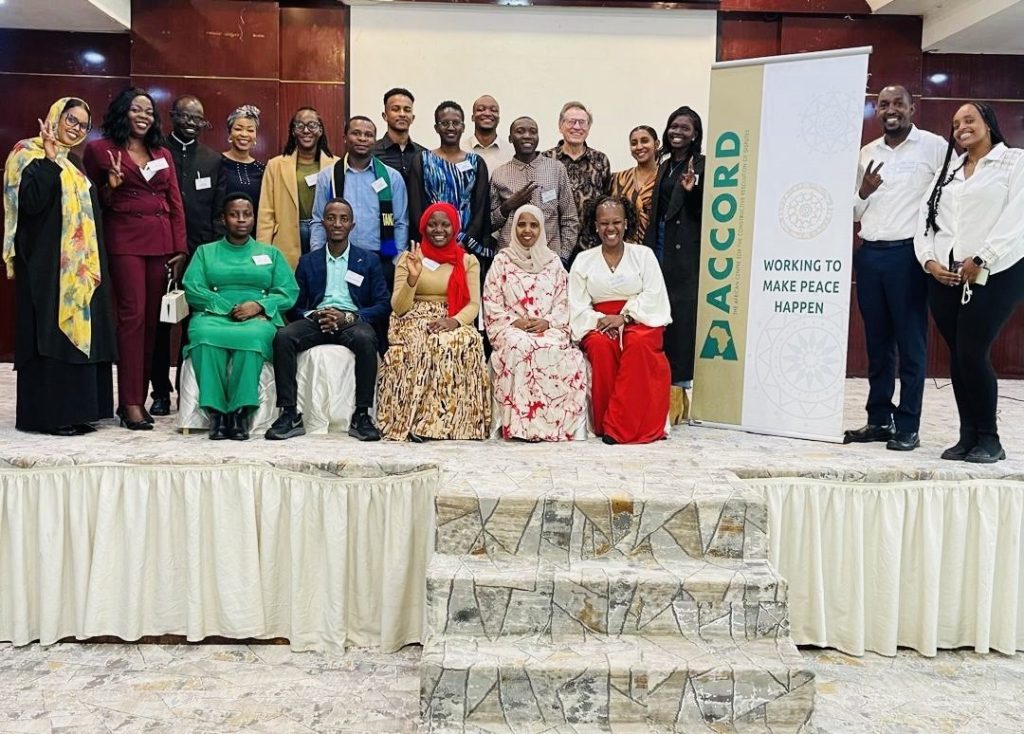ACCORD in collaboration with the Association of African Universities (AAU) hosted a two-hour panel discussion on the Role of Academia in the Prevention, Management, and Transformation of Conflicts. The webinar took place on Friday 13 November 2020 via Zoom and was moderated by ACCORD’s Innovation and Training Manager, Professor Martin Rupiya, and ACCORD Programme Officer, Ms. Nontobeko Gcabashe.
The roles played by universities are manifold. Academics shape the discourse and set the education agenda in the field of peace and security, as well as promote research and innovation. Universities also serve as a forum for developing critical thinking and stimulating the exchange of ideas on sensitive socio-political issues which impact on peace and development. Moreover, by promoting research, universities create new sites of nuanced knowledge, and can play a critical role in building and advancing African theoretical and conceptual frameworks and approaches to conflict resolution and peacebuilding. Research and innovation can also lead to addressing the root causes of conflict such as rapid urbanization, untransformed economies, poverty, unemployment, and inequality. It is against this backdrop that ACCORD decided to host this panel discussion.
The main objectives envisaged were to; discuss the historical and current role and contributions of African universities and academics to the field of conflict resolution and transformation; analyse the challenges facing African universities and academics as relates to knowledge production and management as well as in bridging the theory and practice gap in the field of peace and security; highlight lessons learned as well as innovative approaches; and explore collaborations between civil society organizations and academia.
Many challenges surrounding the impact and role of academia in the peace and security space were raised. These challenges ranged from gaps in curricula development relating to peace and conflict studies, the skewed nature of knowledge production in African universities, a reluctance to cite African scholars in research, to the need for designing joint interventions through memorandums of understanding, action plans, ownership, and accountability on working together to transform conflicts in Africa by Africans themselves. The joint work of academics and practitioners, on drafting policy briefs, should be the norm when creating policy, and not the exception. Additionally, it was underscored that there should be impartiality in conflict resolution, management, intervention, and research, as it cannot be seen that one takes sides in research as this may serve to exacerbate the conflict situation. Qualitative research which shows trends is essential in this regard, but researchers must keep reflecting what is happening on the ground accurately without taking sides in the way they present their findings.
In closing, Professor Rupiya highlighted that this panel discussion has laid the platform for creating a network of African academics with a focus on universities playing an integral role in the peace and security space, especially in informing policy and producing solutions. This panel discussion was congruent with ACCORD’s strategic pillars of increasing knowledge, policy support, and integration of the drivers of conflict, as well as increasing the role of youth in peace and security processes.



